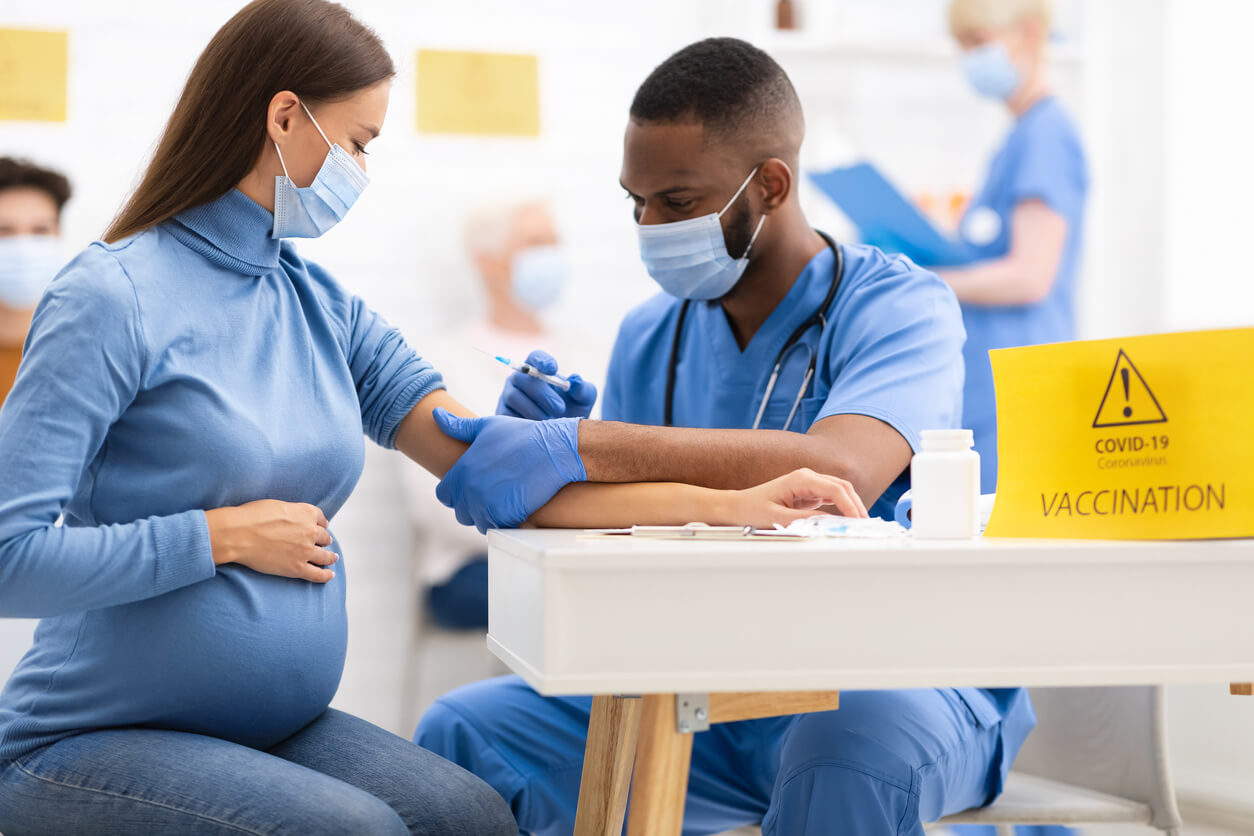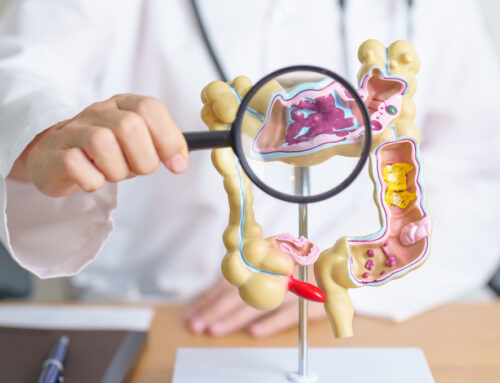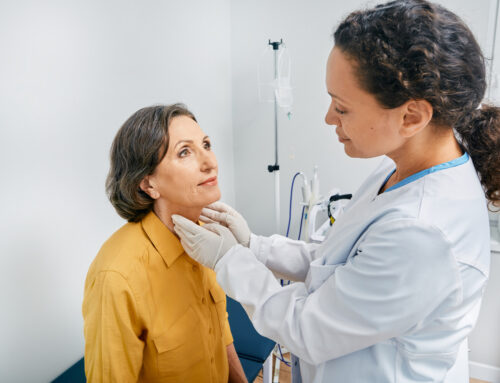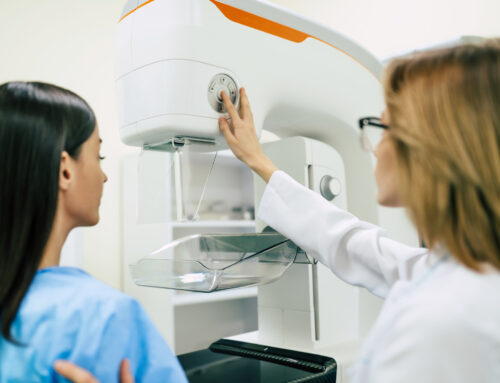
The recent pandemic has brought vaccine development back to the forefront while also raising many questions about getting the authorized COVID-19 vaccine, particularly for women who are pregnant. All authorized vaccines require clinical testing to ensure safety for all who wish to be vaccinated.
Every day, experts are learning more about COVID-19. Despite how relatively new this respiratory illness is, there is a lot of information available not only about the virus itself, but also about the vaccines that protect against it.
How Does COVID-19 Affect Women Who Are Pregnant?
The Center for Disease Control confirms that COVID-19 in pregnant women may lead to severe complications, including the possibility of death when compared to people who are not pregnant. Pregnant women are also at risk for preterm birth if they contract the COVID-19 virus.
In addition, the American College of Obstetricians and Gynecologists note that women who are pregnant are at higher risk for complications.
- Pregnant women who are diagnosed with COVID-19 are more likely to require additional care within an intensive care unit (ICU) and they are more likely to require a ventilator to assist with breathing support.
- If a pregnant woman already has present issues, like obesity or gestational diabetes, the risks for experiencing severity in illness after contracting coronavirus increase.
- Latina and Black women, based on current studies, have a significantly higher rate of both illness and death following diagnosis of COVID-19. This has much to do with not only social inequities, but also economic inequities.
For these reasons, it’s of dire importance that women who are pregnant take measures to reduce their risk of contracting the virus. Although there is no proven method that brings your risk of infection down to zero, there are steps you can take to keep yourself and those you live with safe.
How Can Women Remain Healthy During Pregnancy?
Women can take several steps to prioritize their health during the pandemic:
1. Keep health appointments current throughout pregnancy and after birth
Some women fail to keep up with their appointments out of fear of contracting the virus at their doctor’s office. However, you should keep all recommended appointments for routine care and talk to your TopLine MD Alliance affiliated Ob-Gyn if you have any concerns. They will be able to explain the measures they are taking to keep their patients safe during this time.
2. Follow through with recommended vaccinations
You can protect yourself and your baby by getting vaccinations, which include the flu vaccination and the Tdap vaccine (for whooping cough). Inquire with your TopLine MD provider if you are part of a recommended group for the COVID-19 vaccine, as you can choose to get vaccinated for that as well.
3. Ensure all medications (prescribed and non-prescribed) are accessible
Inquire with your healthcare provider if you can obtain an extra supply of required medications to reduce your total number of visits to the pharmacy. When possible, request your medications be made available at once for at least the month ahead (30+ days).
4. Maintain communication with your healthcare provider
This is one of the most important things you can do during your pregnancy and after giving birth. Always feel empowered to ask all the questions you have and notify your doctor of any changes. Staying on top of things as soon as they come up with open communication can help your physician provide better care for you.
Is the COVID-19 Vaccine Safe for Pregnant Women?
Vaccination for COVID-19 may provide protection from becoming severely ill, which benefits pregnant women and their fetuses. Speak with your TopLine MD Alliance affiliated Ob-Gyn about the available COVID-19 vaccines and discuss your options so you can make an informed decision. Be sure to discuss your risk for contracting COVID-19 and how your pregnancy may be affected should you contract the virus. For more information on COVID-19 vaccines, the Society for Maternal Fetal Medicine recently shared the following COVID-19 vaccine resource with additional information for pregnant patients.
What Are Possible Side Effects for the COVID-19 Vaccine?
Pain and swelling on the arm that you received the COVID-19 vaccine shot are common side effects as well as fever, chills, tiredness, muscle pain, nausea, and headache.
If you are experiencing pain or discomfort, talk to your TopLine MD affiliated physician about using over-the-counter medications, such as ibuprofen or acetaminophen, to help manage. You can also try other methods to alleviate pain from the vaccination site by applying a (clean) cool, wet washcloth or exercising the arm. To help reduce discomfort from fever, you should ensure you drink plenty of water or fluids and dress lightly. Some of these side effects may or may not become apparent. These side effects are closely likened to symptoms of the flu and although it may feel unpleasant, they generally subside within one to two days.
These reactions are common; however, you may experience a more severe allergic reaction. If this is the case, you should seek medical attention immediately. There are several ingredients included in COVID-19 vaccinations and it’s best to communicate any known allergies to your healthcare provider upfront so you can make an informed decision on whether you should receive the vaccine. If you do choose to move forward with receiving vaccination, and you discover you are allergic, you should speak with your healthcare provider about the best options for next steps. You can also seek additional guidance through the Vaccine Adverse Event Reporting System.
Always maintain open communication with your physician throughout your pregnancy. If you do choose to get vaccinated against COVID-19, be sure to treat emergency situations right away, especially if you notice unusual symptoms arise following vaccination. If you happen to experience an adverse reaction to the COVID-19 vaccination, seek medical attention immediately and call your physician.
Head over to the TopLine MD Alliance COVID-19 resource page for more information, updates, and resources on COVID-19.
The TopLine MD Alliance is an association of independent physicians and medical practice groups who are committed to providing a higher standard of healthcare services. The members of the TopLine MD Alliance have no legal or financial relationship with one another. The TopLine MD Alliance brand has no formal corporate, financial or legal ties to any of the affiliated physicians or practice groups.



